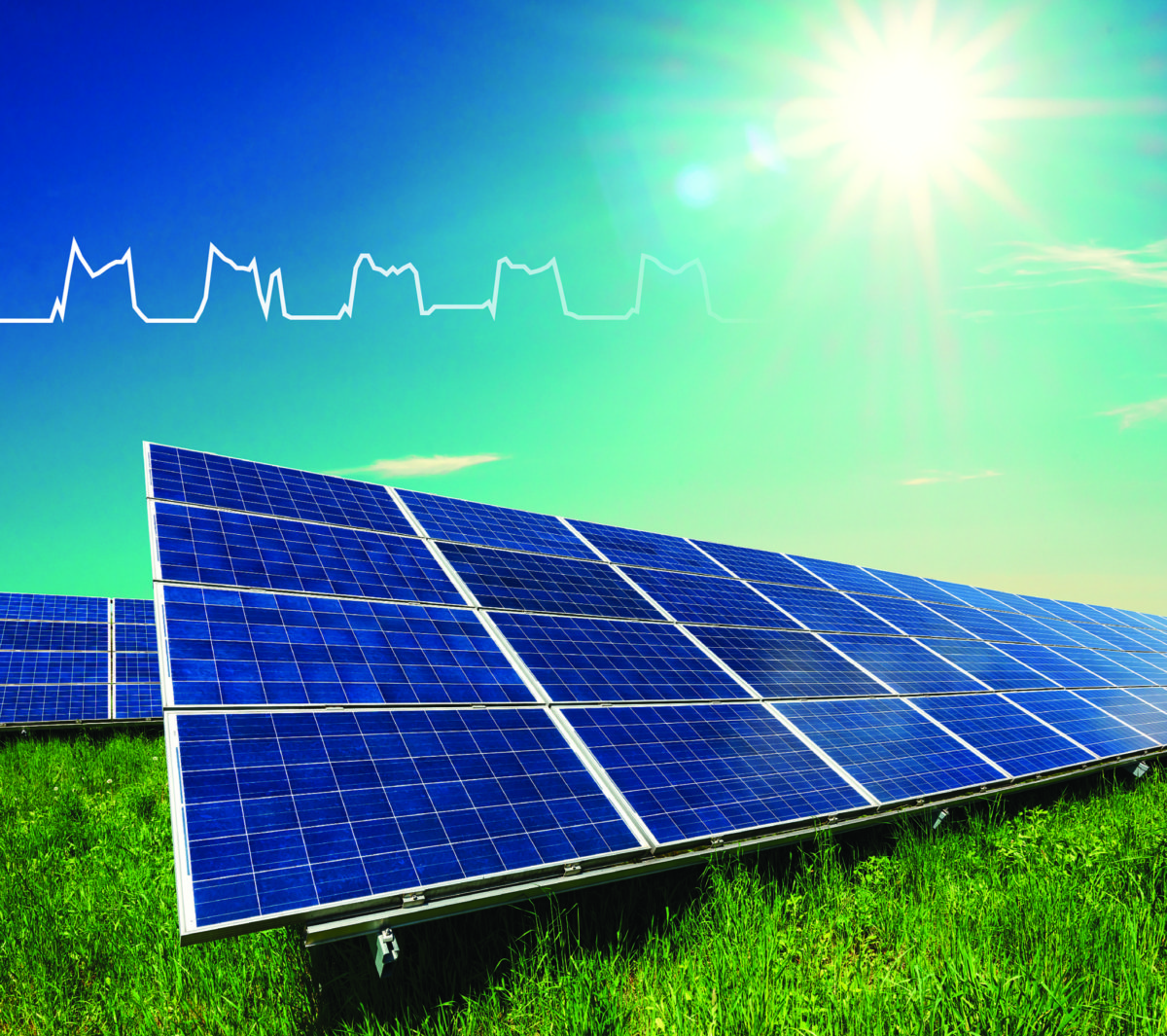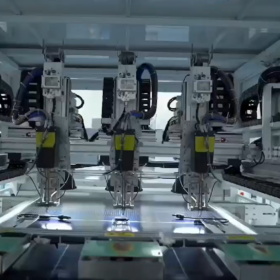A research team from Purdue University’s School of Electrical and Computer Engineering has developed a new physics model to measure the degradation of solar panels.
The model, called Suns-Vmp Method, is based on an algorithm that is still at an experimental stage, but is said to be able to combine the analysis of weather forecast data with routinely collected time series maximum power point (MPP) data of a solar power system.
According to the scientists, their algorithm, which requires environment data, cell temperature and irradiance, is able to recreate IV curves by utilizing the natural illumination‐dependent and temperature‐dependent daily MPP characteristics as constraints to fit physics‐based circuit models.
This enables the determination of the time‐dependent evolution of circuit parameters, while also providing an insight into the dominant degradation modes of solar modules, such as solder bond failures.
The algorithm, defined as continuous self-filtering, has already been tested at a facility of the US Department of Energy’s National Renewable Energy Laboratory. “Our analysis indicates that the solar modules degraded at a rate of 0.7%/year because of discoloration and weakened solder bonds,” the research group noted.
Furthermore, the algorithm is able to diagnose the pathology of solar modules with non-uniform degradation, such as non-uniform delamination- and PID-induced degradation, although it cannot yet correctly extract the degraded circuit parameters under severe performance variability.
The researchers are now aiming to improve the algorithm by using other physics-based models. “We hope the algorithm could show how much energy a solar farm produces in 30 years by looking at the relationship between weather forecast data and projection of electric circuit parameters,” they stated.
By Emiliano Bellini
This content is protected by copyright and may not be reused. If you want to cooperate with us and would like to reuse some of our content, please contact: editors@pv-magazine.com.








By submitting this form you agree to pv magazine using your data for the purposes of publishing your comment.
Your personal data will only be disclosed or otherwise transmitted to third parties for the purposes of spam filtering or if this is necessary for technical maintenance of the website. Any other transfer to third parties will not take place unless this is justified on the basis of applicable data protection regulations or if pv magazine is legally obliged to do so.
You may revoke this consent at any time with effect for the future, in which case your personal data will be deleted immediately. Otherwise, your data will be deleted if pv magazine has processed your request or the purpose of data storage is fulfilled.
Further information on data privacy can be found in our Data Protection Policy.